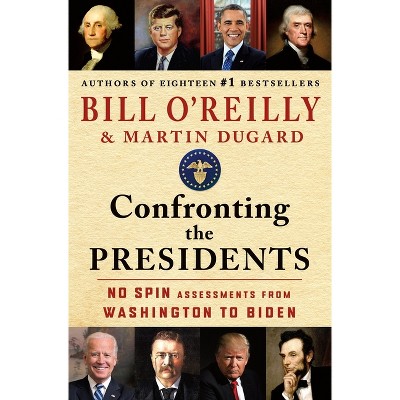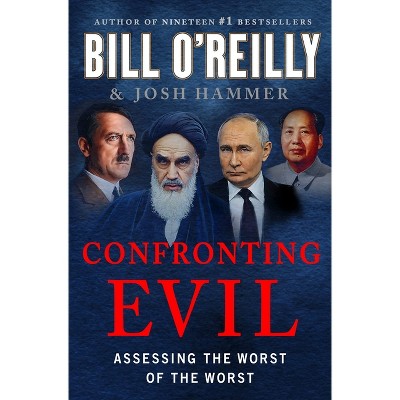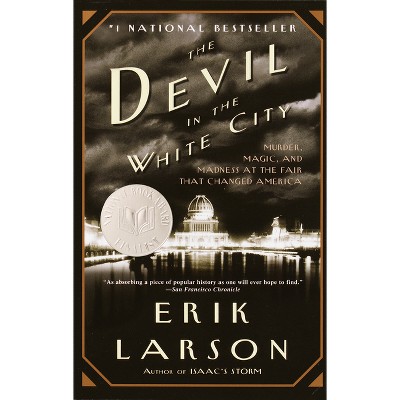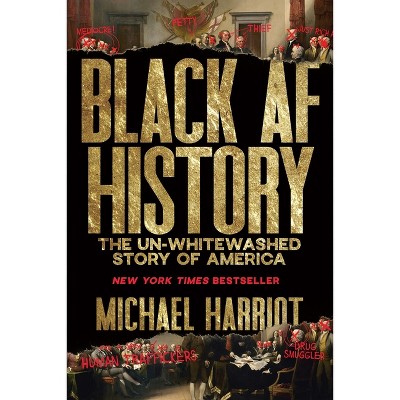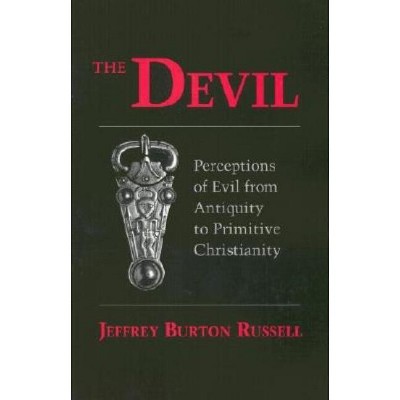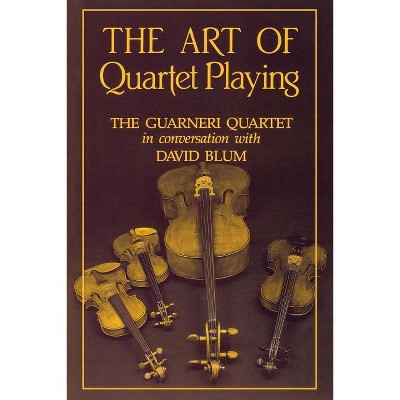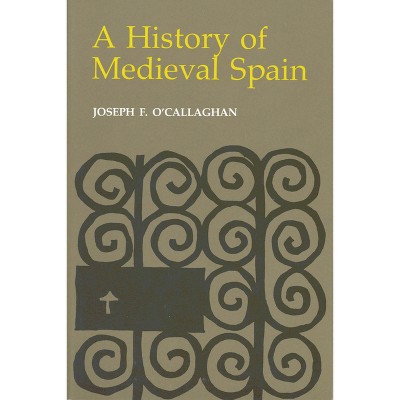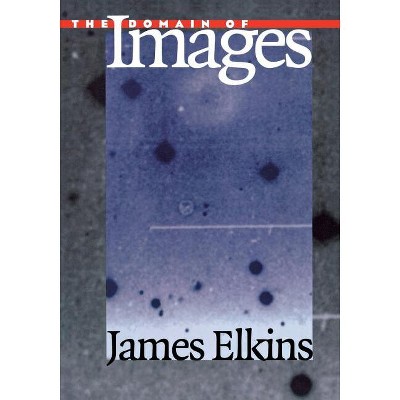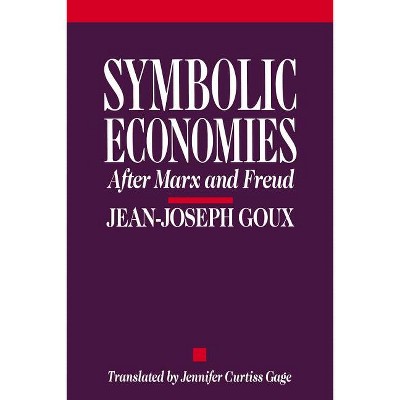Public Life in Renaissance Florence - (Cornell Paperbacks) by Richard C Trexler (Paperback)

About this item
Highlights
- Covering the history of Renaissance Florence from the fourteenth century to the beginnings of the Medici duchy, Richard C. Trexler traces collective ritual behavior in all its forms, from a simple greeting to the most elaborate community festival.
- About the Author: Richard C. Trexler is Professor of History at Binghamton University.
- 620 Pages
- History, Europe
- Series Name: Cornell Paperbacks
Description
About the Book
Covering the history of Renaissance Florence from the fourteenth century to the beginnings of the Medici duchy, Trexler traces collective ritual behavior in all its forms.
Book Synopsis
Covering the history of Renaissance Florence from the fourteenth century to the beginnings of the Medici duchy, Richard C. Trexler traces collective ritual behavior in all its forms, from a simple greeting to the most elaborate community festival. He examines three kinds of social relationships: those between individual Florentines, those between Florentines and foreigners, and those between Florentines and God and His saints. He maintains that ritual brought life to the public world and, when necessary, reformed public life.
Review Quotes
A remarkable book.... One of the most original and absorbing to appear for some time.... In Trexler's hands old clues and apparently antiquarian learning have been transformed into a powerful new vision of society in Florence (and, by implication, in other late medieval urban communities).... An enviable achievement. Few academic historians have it in them to write a book such as Public Life, at once a creative whole (one which will outlive many of its particular propositions) and a rare stimulus to further research.
-- "Journal of Modern History"Immensely stimulating and useful.... A rich mine of ritual lore with a practicality inexhaustible vein of arresting insights on the role of ceremony in a community.... Trexler brings to his ritual actors a forceful constructive and critical intelligence, extraordinary resources of imagination and energy, and a wonderfully perceptive and committed appreciation for both the creative play and the moral purposefulness of their performances.
-- "Art Bulletin"About the Author
Richard C. Trexler is Professor of History at Binghamton University.
Shipping details
Return details
Trending History
